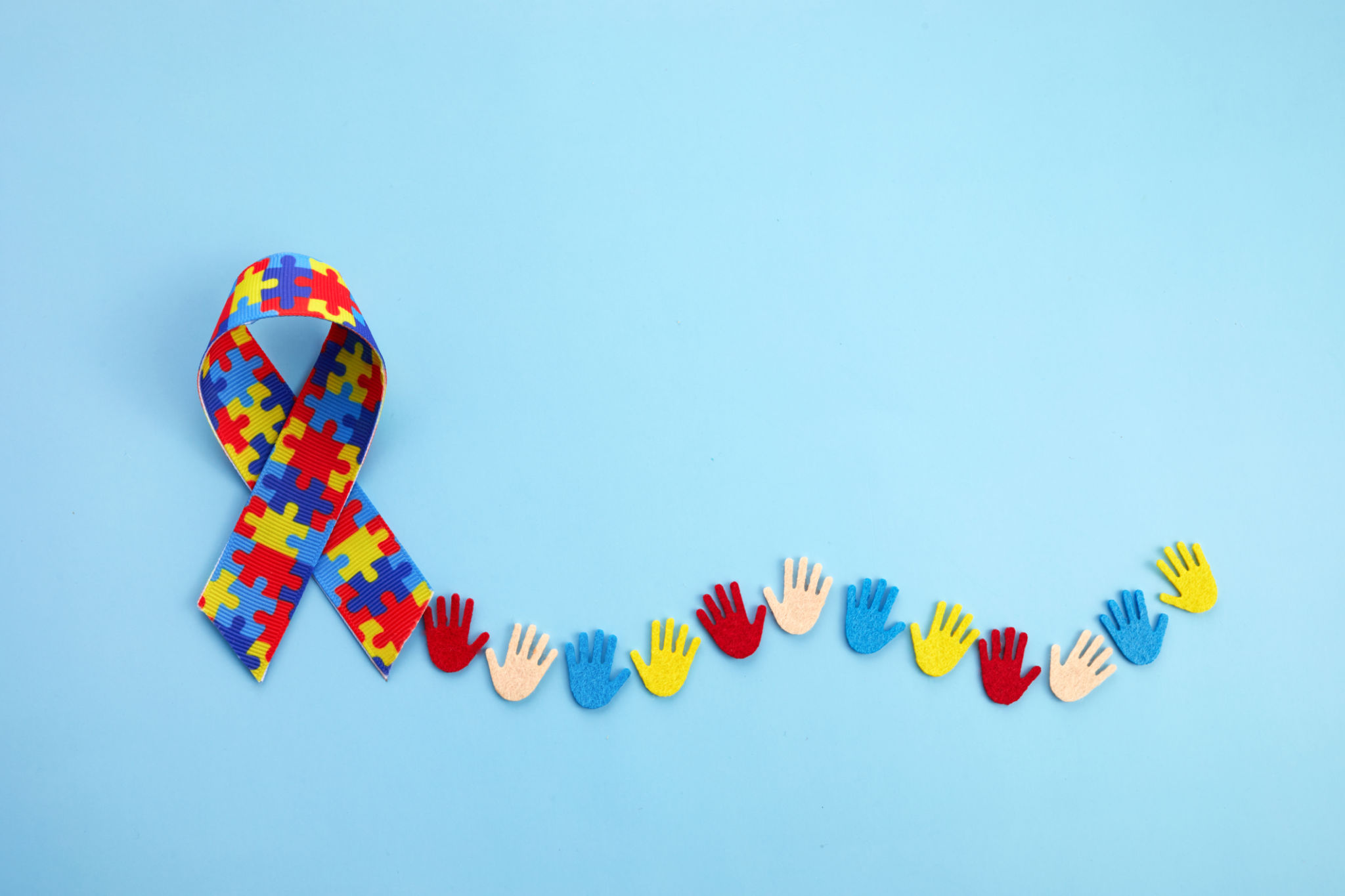Myth-Busting Common Misconceptions About Autism
Understanding Autism: Dispelling Myths
Autism is a complex and often misunderstood condition. With the prevalence of misinformation, it is crucial to challenge and correct common misconceptions about autism. In this post, we'll explore some of these myths and shed light on the truths behind them.

Myth 1: Autism Is a Rare Condition
One common misconception is that autism is a rare disorder. In reality, autism spectrum disorder (ASD) affects millions of individuals worldwide. According to the Centers for Disease Control and Prevention (CDC), approximately 1 in 54 children in the United States is diagnosed with ASD. This statistic underscores the importance of awareness and understanding of autism.
Myth 2: People with Autism Lack Empathy
A pervasive myth is that individuals with autism lack empathy. While people with autism may express empathy differently, it is incorrect to assume they do not feel or understand emotions. Many individuals with autism are deeply empathetic but may struggle with expressing their feelings or interpreting social cues.

Myth 3: Autism Is Caused by Vaccinations
This myth has been debunked by numerous studies and scientific research. There is no credible evidence linking vaccines to autism. The origins of this myth can be traced back to a discredited study published in the late 1990s, which has since been retracted due to ethical violations and methodological flaws.
Myth 4: All Individuals with Autism Have Exceptional Abilities
While some individuals with autism possess extraordinary talents or skills, such as in art, music, or mathematics, this is not representative of every person with autism. The spectrum is broad, and abilities vary widely among individuals. It is important to recognize and appreciate the diverse strengths and challenges faced by those on the spectrum.

Myth 5: Autism Can Be Cured
Autism is a lifelong condition for which there is no cure. However, early intervention and tailored support can significantly enhance the quality of life for individuals with autism. Strategies such as behavioral therapy, speech therapy, and occupational therapy are widely used to help individuals develop essential skills.
Myth 6: People with Autism Prefer to Be Alone
While some individuals with autism may enjoy solitary activities, it is not accurate to assume that they prefer to be alone. Many people on the autism spectrum seek social interaction and friendships but may encounter difficulties in navigating social situations. Understanding and patience from others can make a significant difference.

The Importance of Awareness and Education
As we continue to dispel myths about autism, it becomes clear how vital awareness and education are in fostering an inclusive society. By spreading accurate information, we can combat stereotypes and support individuals with autism in reaching their full potential.
Ultimately, understanding autism requires compassion and open-mindedness. By challenging misconceptions, we pave the way for greater acceptance and inclusion for those on the autism spectrum.